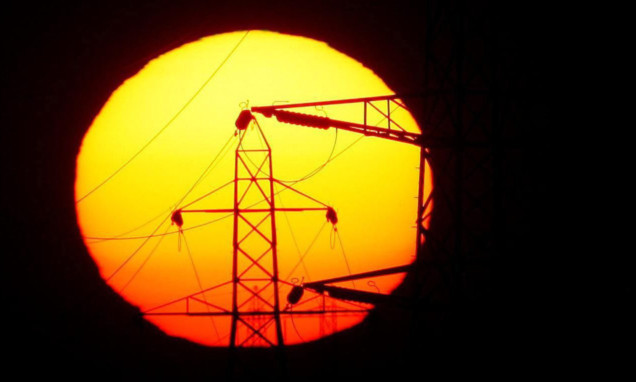Household energy bills will rise £240 a year by 2020 due largely to the mounting cost of Government green policies, energy giant RWE npower has warned.
The “big six” power provider claimed energy company profits were not to blame for rising bills and said consumers should know the true cost of Government investment in greener forms of energy production and efficiency programmes, which it said will be the main driver behind a hike in bills from £1,247 today to £1,487 by the end of the decade.
Paul Massara, npower chief executive, said: “Government policy is rightly delivering the transformation we need to address the UK’s poor housing stock and encourage investment required in new infrastructure but achieving these aspirations comes at a cost, and this is what needs to be clearly communicated to consumers.
“The fact is that if people don’t take action to reduce energy consumption, their bills are going to rise.
“If we can’t be upfront about that, we won’t be able to convince people to make big changes to be more energy efficient.”
RWE npower said support for low-carbon technologies would add £82 to the average energy bill by the end of the decade up from £34 this year and £12 in 2007.
The cost of investing in low-carbon power sources accounts for less than 3% of the average household bill but this will rise to 5.5% by the end of this decade, it added.
Meanwhile, energy profits have risen from £18 on the average dual fuel bill in 2007 to £59 this year and npower predicts that profits will rise to £71 in 2020, staying constant at around 5% of the bill.
Minister for Energy and Climate Change Greg Barker said of the npower report: “Global gas prices, not green policies, have been primarily pushing up energy bills. That is why it is vital we crack on with securing investment in a diverse energy mix that includes renewables and new nuclear, as well as gas.
“We must also continue to drive up the energy efficiency of the nation’s housing stock, particularly the homes of the most vulnerable households.”
He said Government policies were keeping bills lower than doing nothing, with a typical household saving £65 today and £166 by 2020, compared with if the UK remained reliant on fossil fuels, failed to tackle climate change and did not make homes more efficient.
A separate report also found that, while Britons are prepared to pay for a shift to renewables, they do not trust the Government or power companies to deliver a clean, secure and affordable energy system.
More than four-fifths (82%) of people surveyed as part of wider research into changing the UK’s energy system are worried about the country becoming dependent on energy from other countries.
